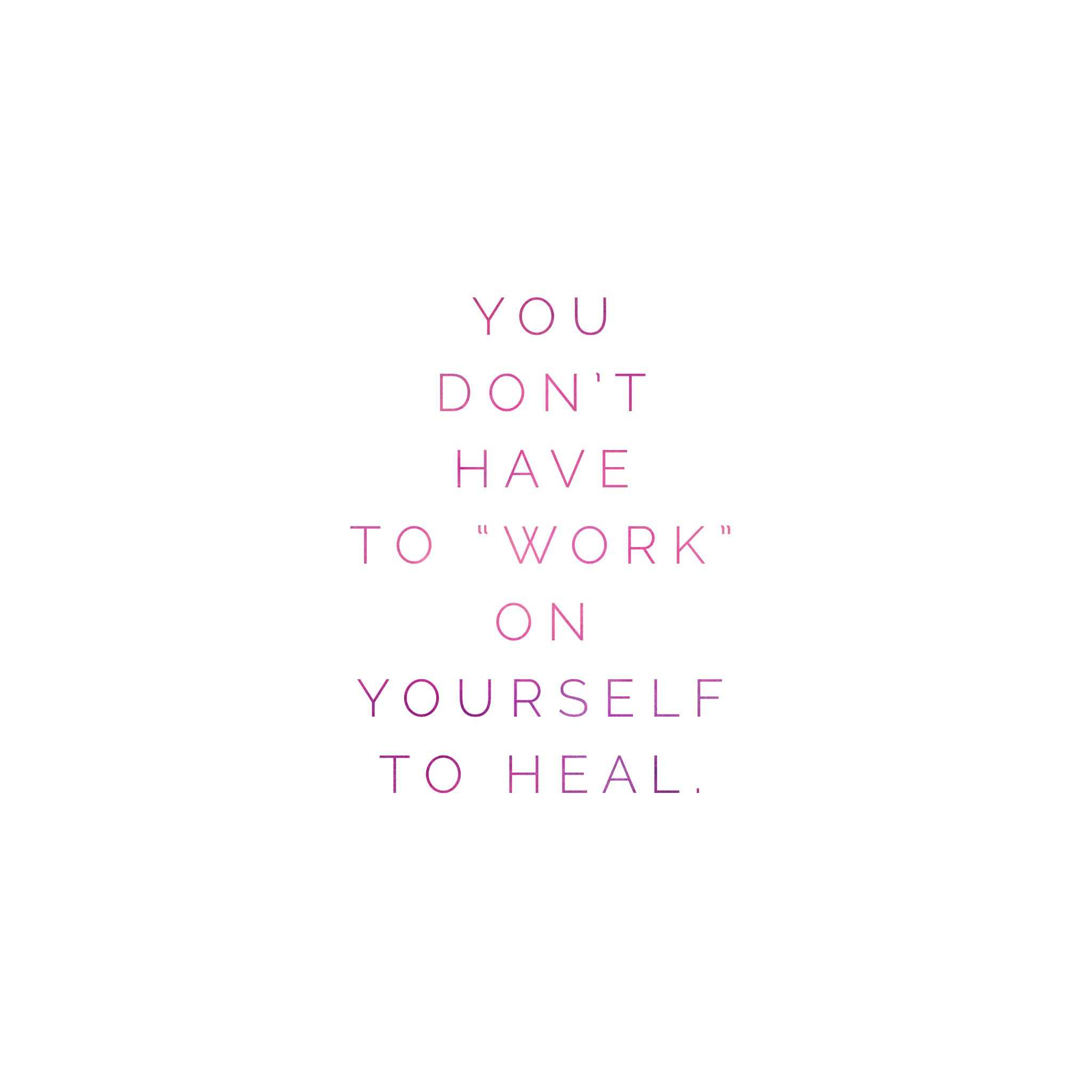One of the inner experiences of complex trauma is emotional hypervigilance.
Constantly, and without our conscious awareness if it is a lifelong pattern, we are looking for emotional dangers in our environment—internal and external. It is the seed of energetic codependency, always scanning to see what needs to be healed, fixed, shifted, or improved upon (in ourselves or others) in order to feel safe.
Our culture doesn’t support emotional safety. In fact, it is an emotionally traumatic place to be.
There are many mixed teachings on emotions, often from the same teachers, about the importance of feeling one’s feelings, of transcending one’s feelings, and then about being addicted to one’s feelings or trauma, or emotions being lies, and affirmations or only “good” feelings being true.
No one is addicted to trauma or painful feelings.
What we are addicted to is trying to get ourselves free of the inward symptoms of trauma.
Addiction is an unconscious attempt at mothering ourselves, sometimes in ways that mirror the way we were parented.
We can also become addicted to “working” on ourselves, where the inner parent takes on the role of trying to fix the wounded inner child, tucking the pain and the shadows away and only rewarding what is “worthy” of love.
Personal development can turn into one hellish hamster wheel.
Another way we have internalized the system of oppression over the sacred feminine.
There are empires built around this stuff. Millions made off of the hunger hidden in our emotional hypervigilance in a world that is truly not an emotionally safe place to be.
Most “shadow” work or “healing” work is really learning to grieve. Grieving the past in all its forms. Grieving what has died. Grieving what will never be. Grieving how we have held ourselves hostage, often beating ourselves up for what was never our fault to begin with.
Grief naturally heals us when we open ourselves to it.
We don’t have to force it or “work” for it. When we sit, become present, and draw our awareness down into our hearts, we sometimes feel grief and when we can allow it to flow through with grace and treat ourselves with the kindness and care we are longing for, we heal.
We become more liberated from the past. Liberated from addictions that pull us down into stuck pain.
Pain and fear are not natural places to live in, but to shame them by slapping pathologizing language on our human condition does not do anyone any good.
No animal lives in these states in the wild. It is not healthy for us either. It is a sign that we have not grieved properly. That our hearts are not in “right relationship” with the ebbing and flowing of life.
Emotional hypervigilance is not a natural, sustainable way to live either. It is sign that energy is looping itself, that the nervous system does not feel safe, that the heart or deeper soul body does not feel safe, and that one is not settled safely in the sacred container of one’s own beingness.
When we come into the body, the body sends us emotions. All emotions arise from the same frequency: love. They are all information—including hypervigilance—as part of you is trying to love and protect you. But it does not serve you when you turn yourself (or others) into personal development construction projects.
It may be counterintuitive, but the parts of us that are seeking a “fix” are the parts of us that are here to teach us how to be with ourselves and how to love ourselves.
It is easier said than done sometimes in a world that has taught us to view our problems as things that need to be fixed in order to be tolerated.
This weekend, I’ve been in ceremony, feeling some really dense layers of separation and stickiness. Rather than attack myself or use “tools” to “work” on myself, the most profound thing I have learned to do is to sit and draw in the energy of love into my density, into the discomfort, and then to pray, explore with curiosity, ask questions, be kinder to myself than usual, and feel what needs to be felt so I can be liberated, feel free, and be connected to love again.
All of this begs the question we may have forgotten the answer to:
Why are you “working” on yourself?
You don’t need to “work” on yourself to heal. Or to be happy and free, which is, at the root of all the things we “think” we want, how we really want to feel.









Read 3 comments and reply